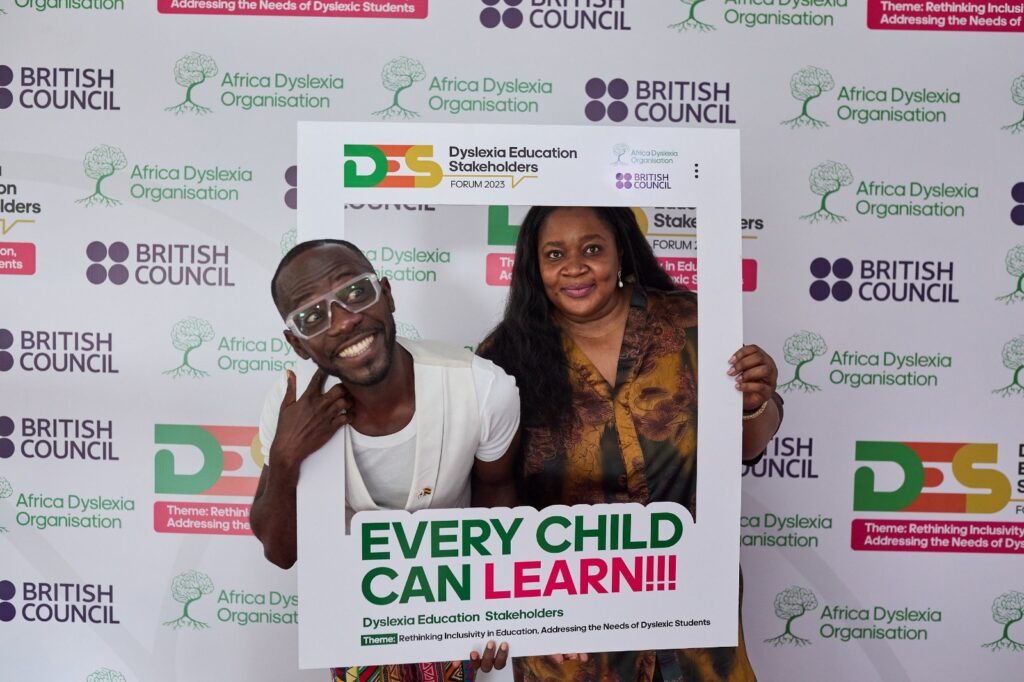What is Dyslexia?
Understanding Dyslexia
Dyslexia is a specific learning difficulty (SLD) that primarily affects the skills involved in accurate and fluent reading and writing. It is a neurological condition that makes it harder for individuals to process language, despite having the intellectual ability to learn. Dyslexia can affect people in different ways, with varying levels of severity. It is important to note that dyslexia is not related to intelligence, vision, or hearing impairments. Individuals with dyslexia often display strengths in creative thinking, problem-solving, and other areas outside of reading and writing.


Understanding Dyslexia
- Reading Difficulties: Struggling with reading fluency, decoding words, and recognizing words quickly.
- Spelling Challenges: Difficulties in spelling accurately, often confusing letter order or missing letters.
- Writing Issues: Inconsistent handwriting, issues with punctuation, and sentence structure difficulties.
- Difficulty with Phonological Awareness: Struggling to understand how sounds relate to letters or groups of letters.
- Memory Issues: Short-term memory struggles, especially when it comes to remembering spoken information or sequences.
- Challenges in Learning Foreign Languages: Difficulty in picking up new languages due to struggles in understanding and retaining new phonetic patterns.
